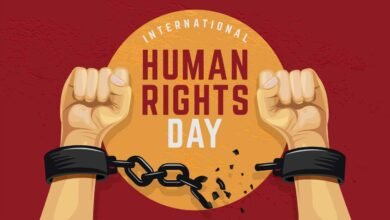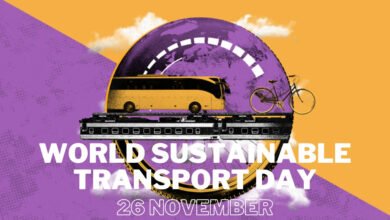Childhood in Crisis: Legal, Ethical, and Socioeconomic Perspectives on Child Safeguarding and Protection Against Domestic Labor in Nigeria

Story: A Case of Child Abuse in Anambra State
Adachukwu Okafor, a lawyer from Anambra State, stands accused of physically abusing her 11-year-old house help, Happiness Nwafor, with items such as a broken bottle, knife, and electric iron. Following a N2 million bounty issued for her capture, Okafor surrendered to the Anambra State Police Command. She is now awaiting arraignment, while Nwafor is on the path to recovery, soon to be discharged from the hospital. This incident not only sheds light on the dark reality of child domestic labor but also ignites a broader discussion on the legal, ethical, and socioeconomic challenges facing Nigeria.
Source of Story and Picture: The Punch Newspaper
Senses: Child Safeguarding and Protection Principles
The Legality of Using a Child for House Help in Nigeria
Employing children as house helps breaches several legislative acts, including the Child’s Rights Act of 2003, the Labour Act, the NAPTIP Act, and regulations set by the International Labour Organization (ILO). These laws collectively aim to protect children from exploitation and ensure their right to a safe and nurturing environment.
Immediate Response and Legal Action
The immediate response to Okafor’s actions, from her surrender to the planned legal proceedings, underscores the necessity for prompt action in cases of alleged abuse, affirming the principle of accountability in child safeguarding.
Government Intervention
The proactive involvement of government officials, such as the Minister of Women Affairs and the Anambra State Commissioner for Women Affairs, highlights the government’s vital role in protecting vulnerable children and ensuring their welfare.
Community and Societal Support
The widespread community and governmental support for Nwafor reflect a collective responsibility towards safeguarding children, stressing the importance of a supportive recovery environment for the victim.
Stones: Child Safeguarding and Protection Lessons
For Parents
This distressing incident serves as a critical reminder for parents to rigorously supervise those entrusted with the care of their children, including conducting background checks and maintaining open communication about their well-being.
For Government
It emphasizes the urgent need for the government to fortify policies, legal frameworks, and enforcement mechanisms to shield children from abuse, alongside enhancing victim support services and preventive educational programs.
For Society
The case advocates for a societal culture that upholds vigilance and support for child protection, raising awareness about abuse signs, encouraging reporting, and fostering non-tolerant attitudes towards violence against children to ensure a safe developmental environment.
Poverty: A Root Cause
The underlying issue of poverty emerges as a significant driver of child abuse and exploitation in Nigeria, with over 20 million school-age children out of school. The abandonment of Social Protection and Family Strengthening initiatives underscores the dire need for comprehensive solutions. Addressing the nation’s state is paramount to curbing the exploitation of vulnerable children, aiming to establish an egalitarian society where children can enjoy equal access to social protection and rights defense.
This narrative not only brings to the forefront the legal battle against child domestic labor but also highlights the intertwined challenge of poverty, suggesting a holistic approach to safeguarding the future of Nigeria’s children.





